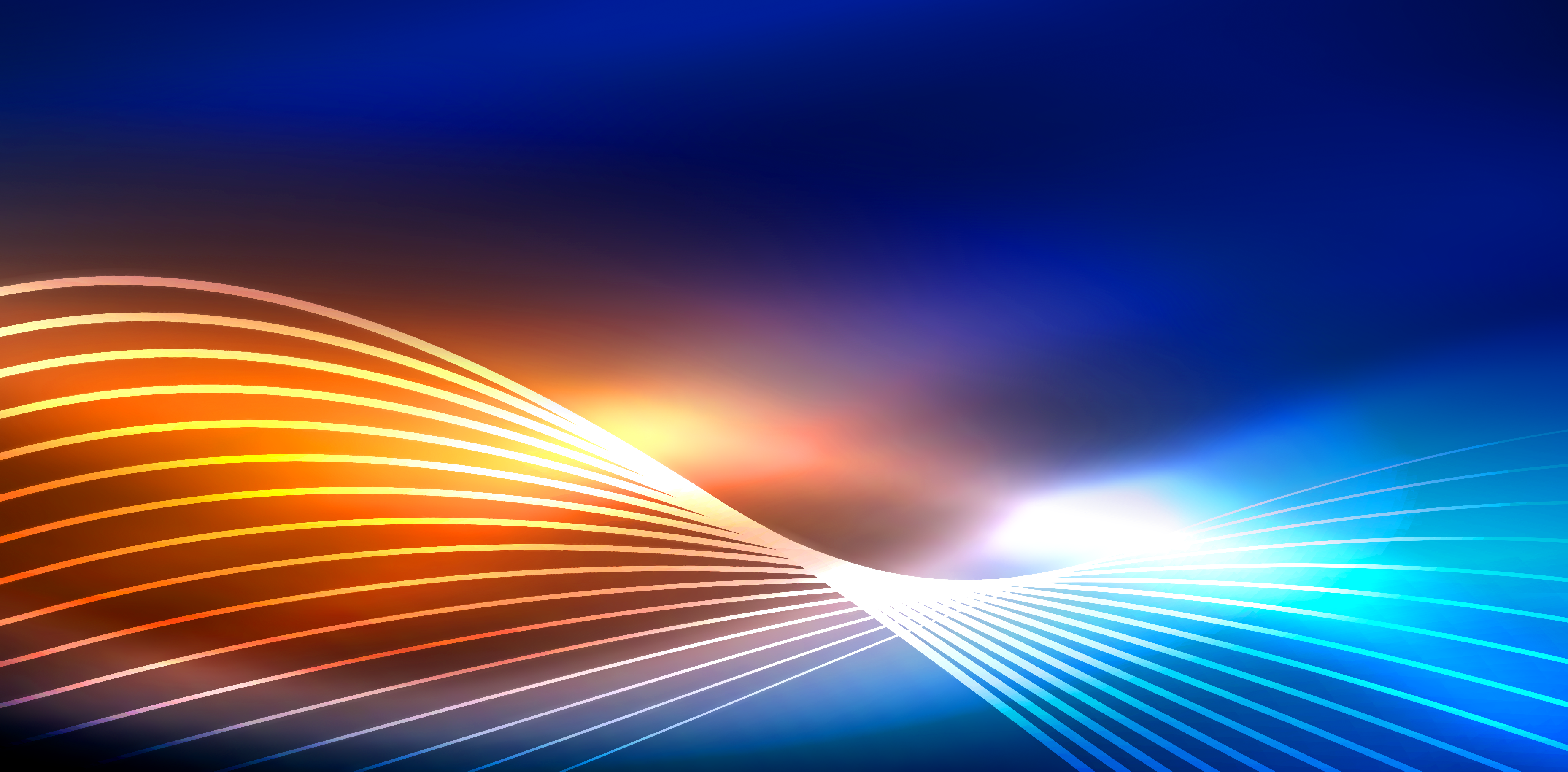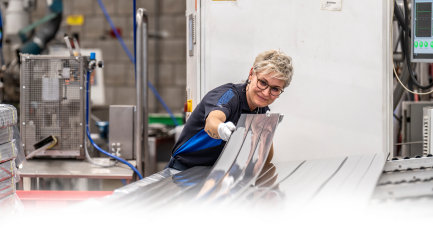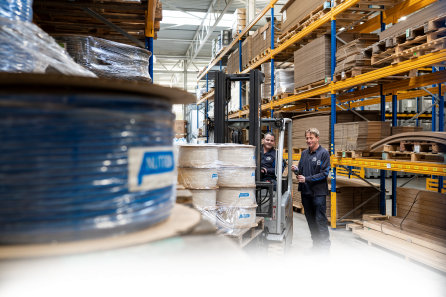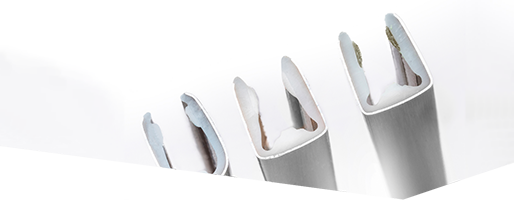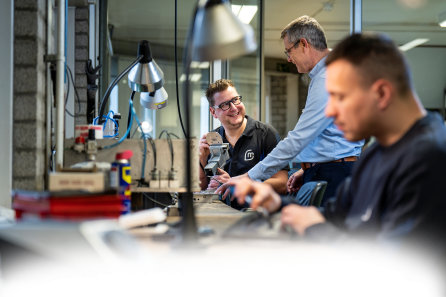
PVC is one of the most widely used plastics in industrial sectors. This is not so surprising, because products are made from PVC for the construction world, the transport sector, the medical sector and in food packaging. Twenty per cent of all plastics produced are PVC. PVC was first used commercially used in 1933.
How PVC is made
The two main raw materials for PVC are oil and salt. Chlorine is released during the electrolysis of salt water. When chlorine comes into contact with ethylene derived from oil, vinyl chloride monomer (VCM) is formed. A customer-specific recipe is created by combining the molecules of VCM and adding the right substances.
Additives
Additives have a positive influence on the properties of a product. The most common properties in industries where PVC is used are: Heat resistance, impact resistance and hardness.
- Heat resistance:
Heat stabilizers counteract degradation of PVC, which is caused by heating or UV radiation. Degradation can occur during processing but also as a result of long-term use. - Impact resistance:
Lubricants reduce friction when working with PVC. External lubricants reduce the friction between PVC and machines. Internal lubricants reduce the friction between PVC granules. - Hardness:
Plasticisers are used for soft PVC, for flooring and medical applications. There are more than three hundred different plasticisers, of which about fifty to one hundred are suitable for commercial use. Hard PVC logically does not need plasticisers and lends itself well to construction, for example, window frames. The most commonly used plasticisers are pthalates, which can be divided into two different groups, each of which has its own properties.
Versatile and widely applicable
The possibility of adding the above-mentioned substances makes PVC a versatile and widely applicable product. PVC is popular in the construction world and with good reason: The material has good impact resistance and resistance to weathering. PVC also has good electrical insulating properties, which makes it ideal for cable applications.
More advantages of using PVC:
- Easy to process
- Durable
- Strong and light
- Completely recyclable
- It can easily be used in other applications
- Usses less energy in production than any other plastic
Meldon uses PVC in the production of:
- Seals for cases and refrigerators
- Strings and carriers for conveyor belts
- Cover strips for the construction industry
- Slats for swimming pool covers
- Binding tubes for horticulture
- Transportation rail for Pouch packaging
100+ recipes
At Meldon we have our own raw material preparation unit with a PVC compounding and granulation installation. This allows PVC to be modified to any desired property. In total Meldon has more than 100 different recipes. Would you like to talk to one of the Meldon experts about your current or future production process? We would love to hear from you. Please contact us at https://meldonextrusions.com/en/contact

